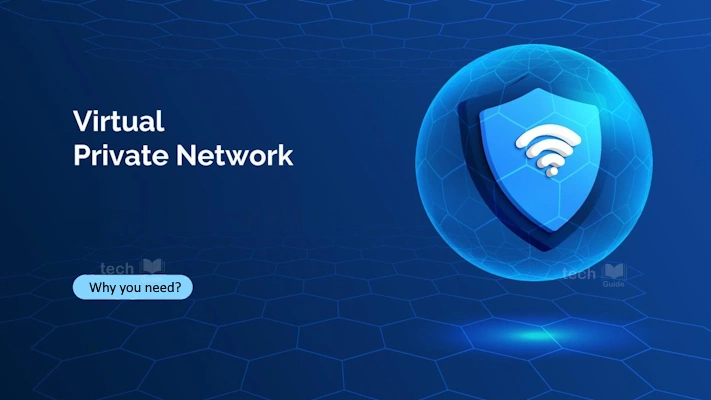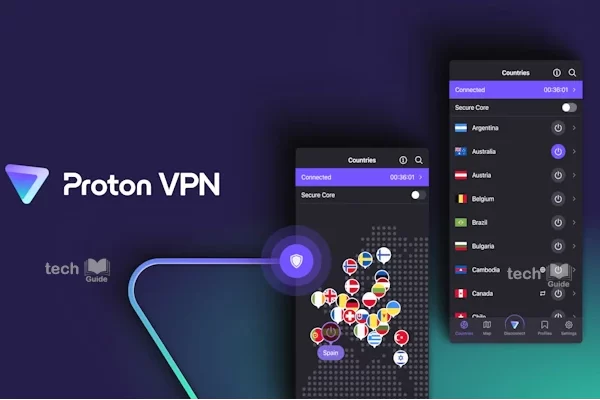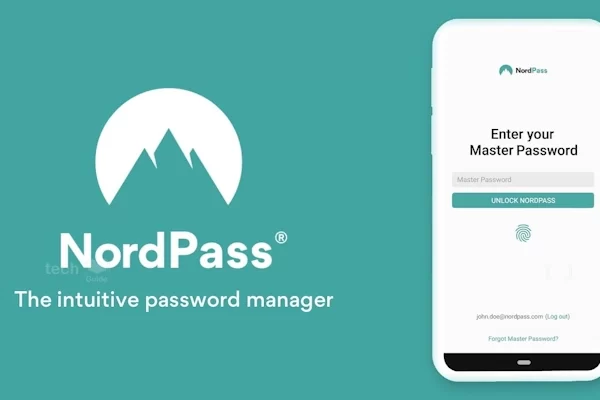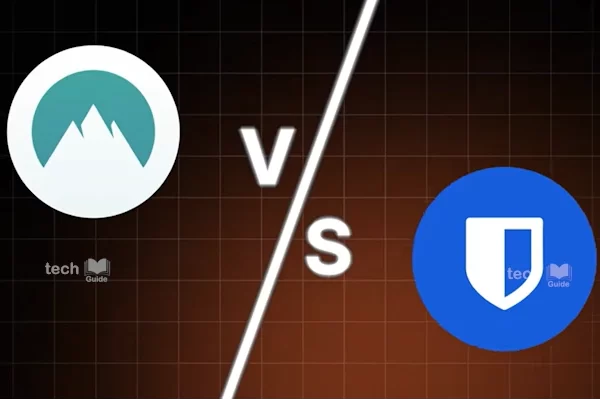
The internet has become an integral part of our daily lives, enabling communication, entertainment, shopping, and much more. However, with convenience comes risk, and the need to protect your online presence has never been greater. This is where a Virtual Private Network (VPN) comes into play. A VPN encrypts your internet traffic and reroutes it through a secure server, providing numerous benefits for everyday users. Here are 10 compelling reasons why you should consider using a VPN at home.
See: How to Maximize Your VPN Security for Safer Online Browsing
1. VPN enhances communication security
Many communication platforms, such as WhatsApp, offer end-to-end encryption, but others may not. Using a VPN ensures that all your online communication is encrypted, providing an extra layer of security. This is particularly important for video calls, messaging apps, and email services that might lack robust encryption protocols.
2. Enables access to region-locked content
Streaming platforms like Netflix and other online services often restrict content based on geographic location. A VPN can make it appear as though you are accessing the internet from a different region, unlocking a world of content that would otherwise be unavailable.
3. VPN keeps your Wi-Fi activity private
A VPN conceals your internet activity from Wi-Fi network administrators. Whether you’re on a public network or your home Wi-Fi, a VPN ensures that no one else can track your browsing history or monitor your activities.
4. VPNs help defend against cyberattacks
Hackers often target unprotected networks to steal sensitive data. A VPN adds a robust layer of encryption, making it nearly impossible for cyber criminals to intercept your data. However, it’s important to note that a VPN is not a catch-all solution—pair it with antivirus software for comprehensive protection.
See: Proton VPN Free Plan: Is It Still Worth Using?
5. Enables to conceal browsing data from Your ISP
Your ISP can monitor and even sell your browsing data to advertisers. Using a VPN prevents ISPs from seeing your activity, ensuring that your personal habits and preferences remain private.
6. Bypass internet censorship
In some countries, certain websites and services are blocked due to censorship. A VPN can help you bypass these restrictions by routing your traffic through a server in a more open region, allowing you to access critical tools like social media, news, and email.
7. Prevent Bandwidth Throttling
Internet Service Providers (ISPs) sometimes slow down your connection during peak hours or for specific activities like streaming. By masking your activity, a VPN prevents ISPs from identifying your traffic type, ensuring consistent speeds and better performance.
8. Save money on online purchases
Online retailers sometimes adjust prices based on your location. By changing your virtual location through a VPN, you can find better deals on flights, hotels, and other purchases, potentially saving a significant amount of money.
9. Helps protect your privacy from Governments
Government surveillance is a reality in many parts of the world. A VPN hides your online activity, making it much harder for authorities to monitor your behavior. Even if you have “nothing to hide,” safeguarding your privacy is a fundamental right.
10. Improve online gaming performance
A VPN can reduce latency by connecting you to servers closer to your gaming host server, resulting in lower ping times and smoother game play. It also protects against ISP throttling that might slow down your gaming traffic.
Additional considerations
While VPNs offer numerous benefits, not all VPNs are created equal. It’s crucial to choose a reputable provider with strong encryption standards and a no-logging policy. Some free VPNs might compromise your privacy instead of protecting it, so invest in a trusted service to ensure your data remains secure.
You can install VPN software on individual devices like laptops and smartphones, or configure a VPN on your router to protect all devices connected to your network. For travelers, a VPN is indispensable for maintaining access to essential online services while abroad.
Conclusion
In today’s digital age, a VPN is no longer a luxury but a necessity. From safeguarding your personal data to unlocking restricted content and securing online communication, the advantages of using a VPN at home are undeniable. Take control of your online privacy and experience the internet without boundaries by integrating a VPN into your daily routine.







